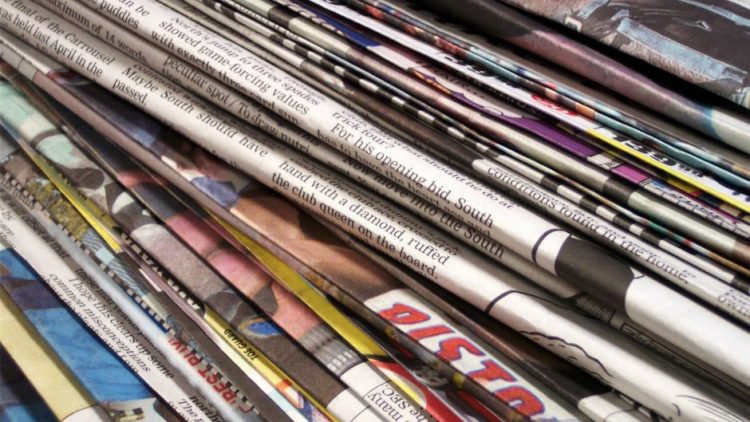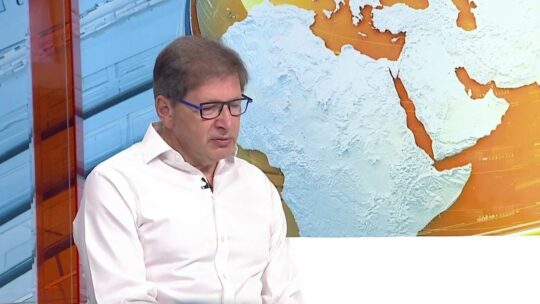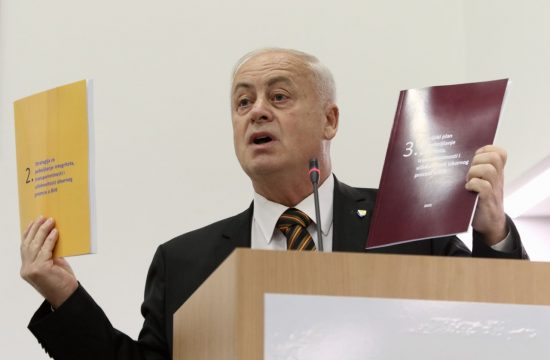
The 21st edition of the World Press Freedom Index, compiled annually by Reporters Without Borders (RSF) said that media outlets in Bosnia and Herzegovina operate in a relatively favourable legal environment, but in an extremely unfavourable political and economic milieu. Journalists do not feel protected while doing their work and there are large differences in media freedom and the quality of journalism across the country. The Press Freedom Index placed Bosnia on 64th position.
The country has a very fragmented media market with about 40 TV stations, 150 radios, several daily newspapers and news agencies, almost 200 magazines and other periodicals, and about 600 web outlets, the RSF said.
Paradoxically, such a large number of media does not imply true pluralism of information and opinions. The televisions N1 and Al Jazeera Balkans belong to the most important media, whereas investigative journalism is ensured by online outlets such as Cin, Istraga, Zurnal and Inforadar.
“While the overall political environment is unfavourable to press freedom, there are significant differences across the country due to different political structures of its entities. Media work is in better condition in the capital, Sarajevo, than it is in the majority-Serbian entity Republika Srpska, and in the western part of the entity Federation of Bosnia and Herzegovina. Politicians in the country regularly attack journalists and exercise influence over the public media and regulatory bodies,” the report states.
Political and economic environment
They said that despite the legal framework for the operation of the media is largely in line with international standards, the policymaking process has stalled in recent years despite a need to amend existing laws and enact new ones.
“Journalists largely work in an environment free of censorship, but many factors encourage self-censorship. Access to information is in principle open to all journalists, without discrimination. Legal provisions on the protection of sources and codes of ethics are in place,” the RSF noted.
Speaking about the economic environment, the report said journalists find it difficult to maintain sustainable funding due to the small size of the market.
“The media of Bosnia suffer from divisions along ethnic lines within the country combined with competition from media from the neighboring countries which belong to the same language area. Due to the difficult economic position, and dependence on political and economic centers of power, a large number of media outlets avoid critical journalism.”
Sociocultural context
“Bosnia’s society suffers many divisions and remains torn between those who promote reconciliation and cooperation, and those that are in favour of conflict and divisions. A strong societal preference for ethnic and religious identity overshadows issues of individual liberties and freedoms, including press freedom,” the RSF report notes, adding that the position of women is more difficult than the position of men.
Safety
Journalists are most often subject to verbal threats and attacks as well as occasional physical assault, the RSF found. Journalists generally do not feel sufficiently protected while doing their job and do not trust the police for their protection. There are various initiatives to improve the safety of journalists focused on improving legislation and the work of the prosecutor's office.





Kakvo je tvoje mišljenje o ovome?
Budi prvi koji će ostaviti komentar!